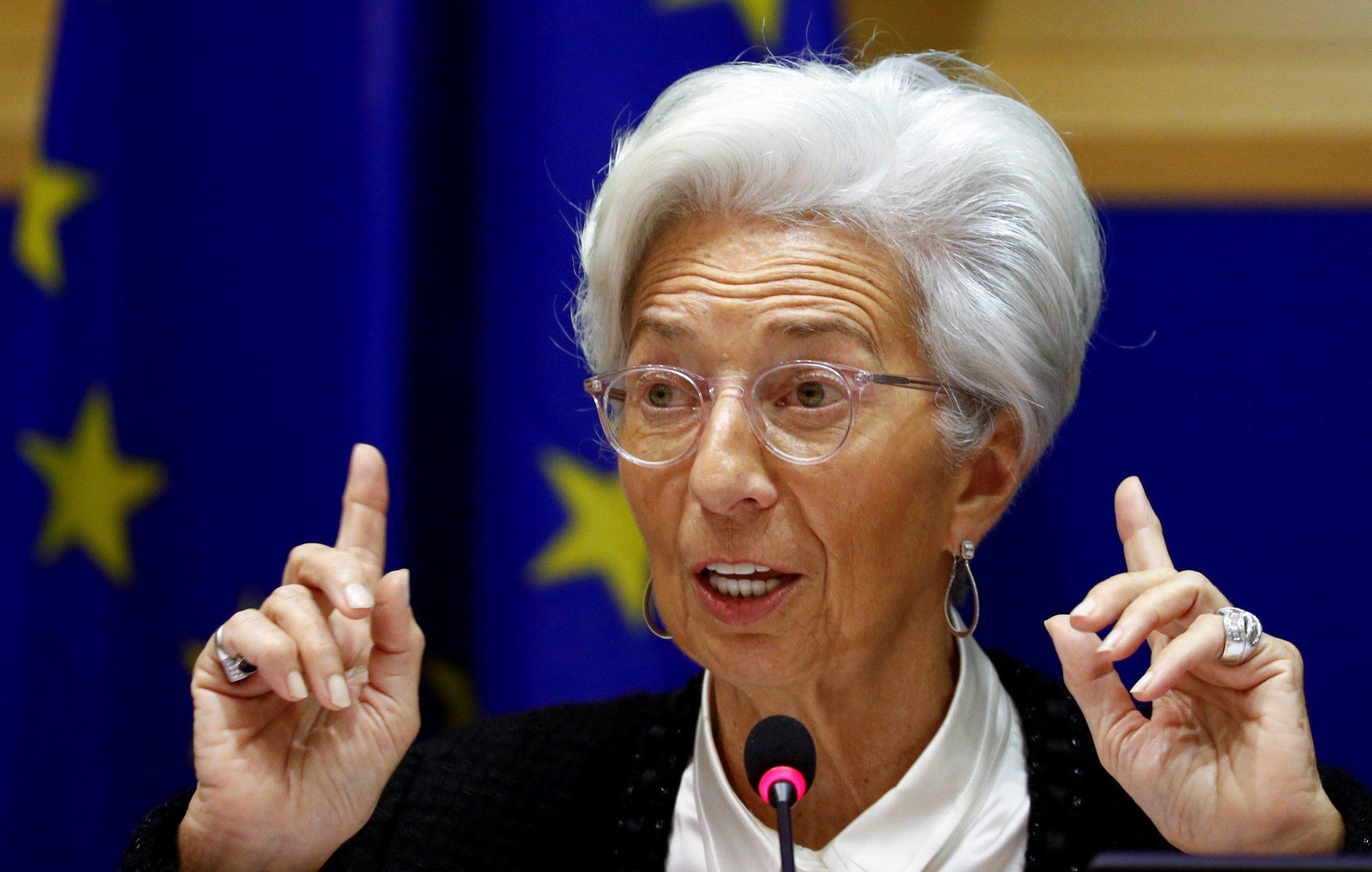On Thursday, October 17, the Governing Council of the European Central Bank (ECB) decided to lower its key interest rate by 25 basis points to 3.25%.
It should be noted that this is the third such decision this year.
Thus, from October 23, the new rate on the deposit line will be 3.25%, on the margin credit line - 3.65%, and the basic refinancing rate - 3.4%. The ECB said the decision was based on an updated inflation forecast and the dynamics of core inflation (i.e. inflation excluding the prices of certain commodities - such as energy and food). The agency expects inflation to rise in the coming months, but then to fall back towards the two percent target. The ECB's leadership has emphasized that it intends to achieve this level and will keep interest rates relatively high for as long as necessary.
The Governing Council intends to ensure that inflation returns to its medium-term objective of 2% in a timely manner. The ECB will keep interest rates at a sufficiently high level for as long as necessary to achieve this objective," the European Central Bank said.
Incidentally, the ECB's decision was in line with the expectations of many analysts. Interestingly, the institution did not provide any new hints about further measures, although the markets expect similar steps at each of the next three meetings, bringing the cost of borrowing to around neutral by the end of 2025.
The incoming inflation data show that the disinflation process is well under way. The inflation outlook is also influenced by recent negative surprises in activity indicators," the ECB said.

Recall that in early June, the ECB lowered the eurozone interest rate for the first time since 2019, from 4.5% to 4.25% per annum.
This easing was the first such move in monetary policy since the beginning of the energy crisis. Another cut followed on September 12. Eurozone consumer inflation was 2.2% in September, while core inflation was 2.8%. While inflation could exceed the 2% target by the end of 2024, it is expected to remain at or slightly below that level for the foreseeable future. The bloc's economy has paid a heavy price.
High interest rates have had a negative impact on investment and economic growth, which has barely moved forward for two years. Recent data, including industrial production and bank lending, point to a continuation of this trend in the coming months. The labor market, which has been exceptionally resilient, is beginning to show some weakness - the vacancy rate, or the number of jobs available as a share of total employment, has fallen from record highs. This has led to calls for the ECB to ease monetary policy before it is too late.
